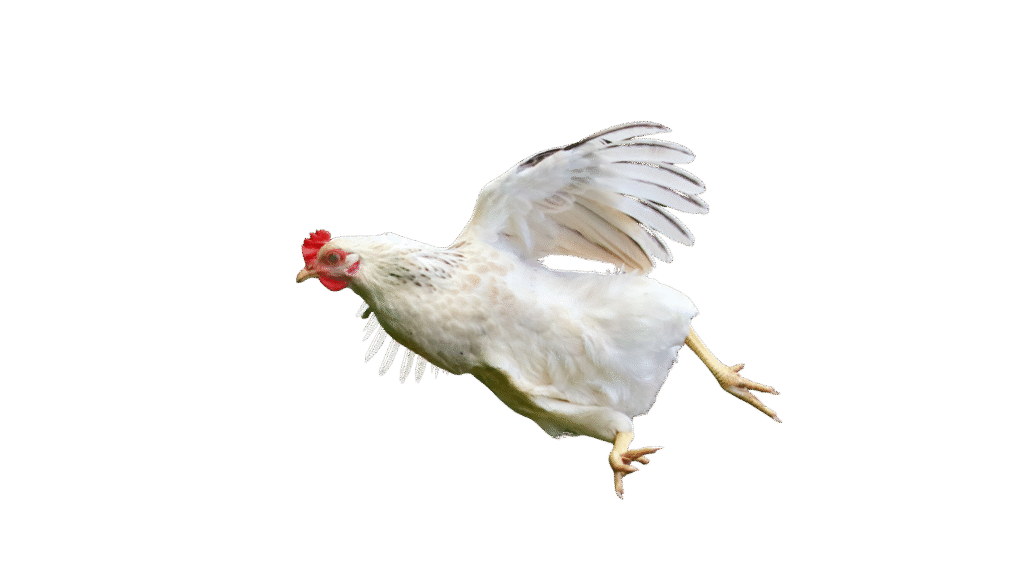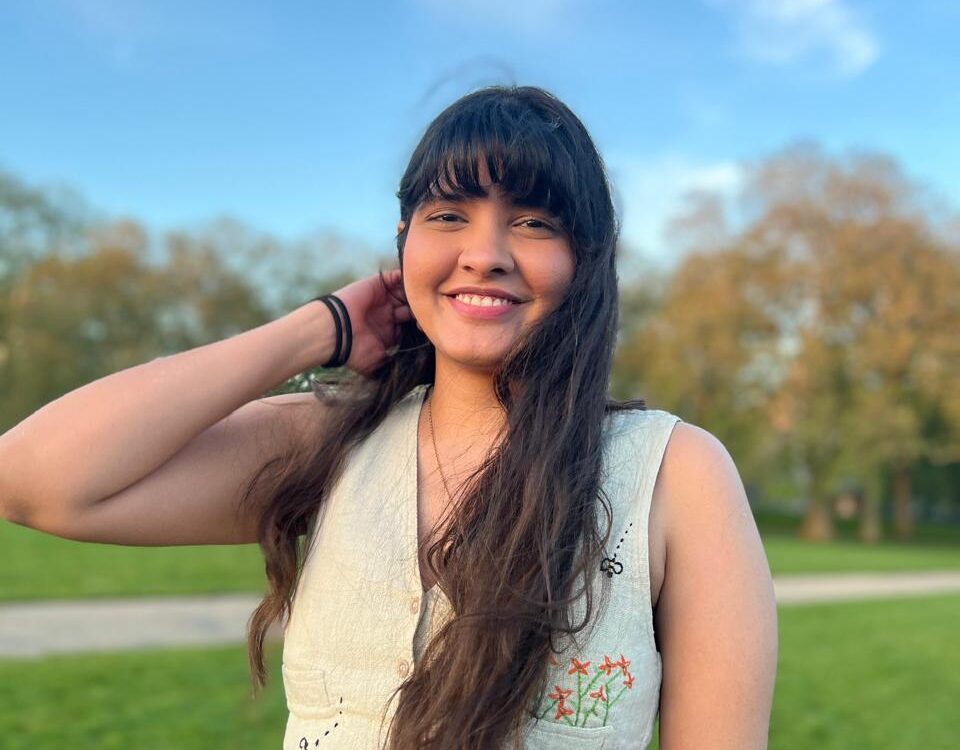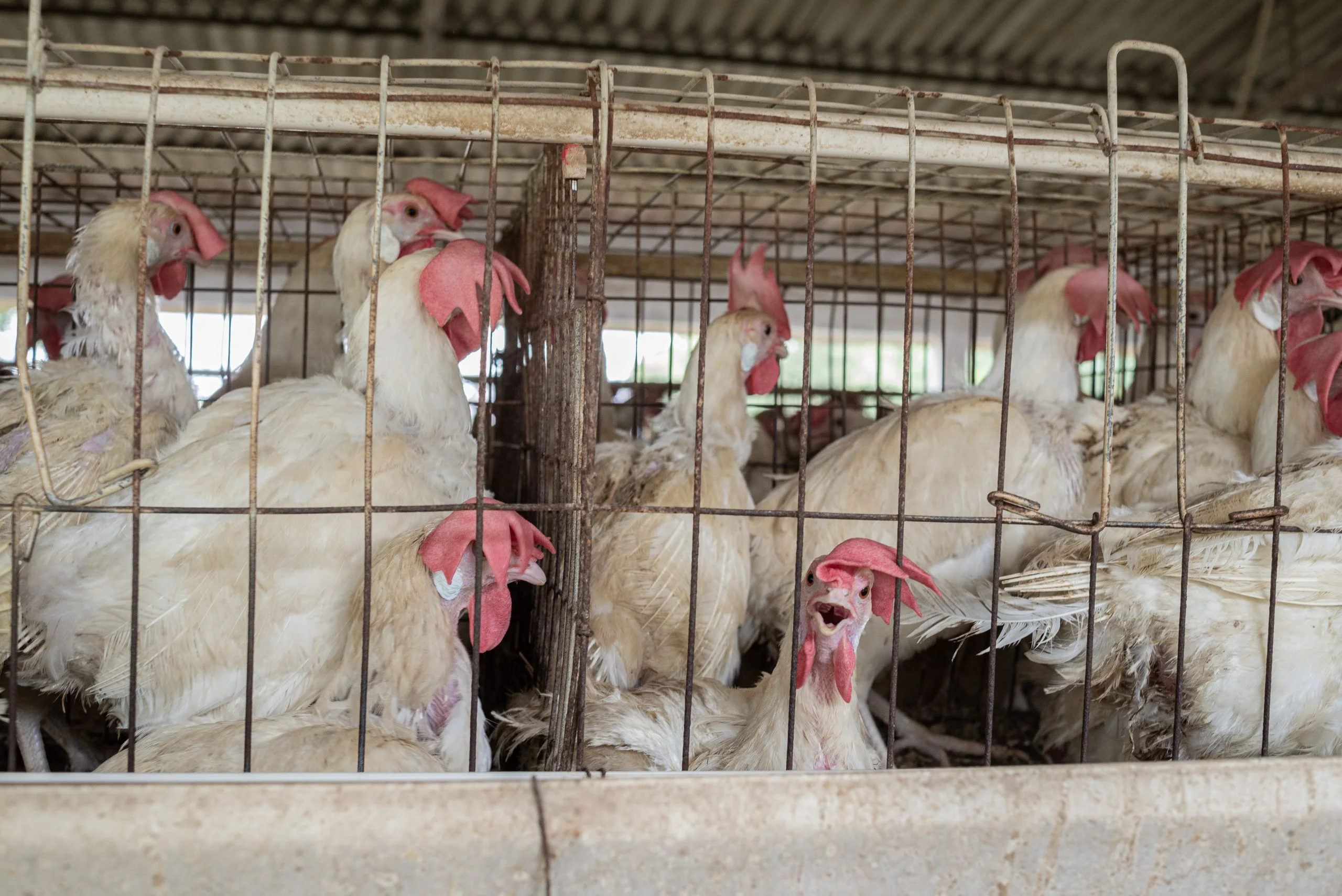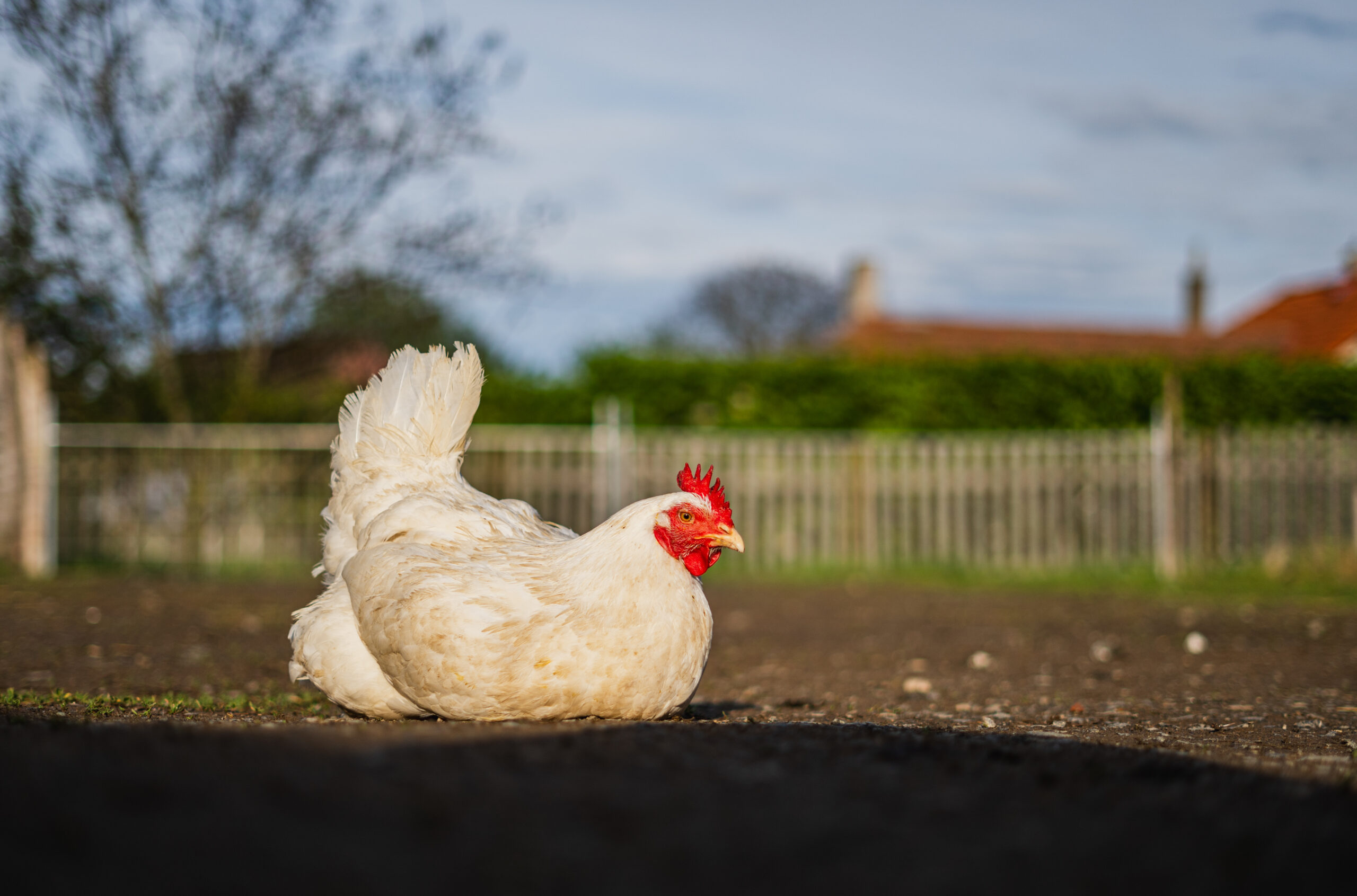Some companies promised cage-free by 2025. Now they stall or stay silent, hoping no one notices. WE NOTICE.
BE A
VOICE
FOR ANIMALS
Join the fight against corporate greed
When voices rise together, even corporations must listen.
With just a few clicks, our community has challenged corporate giants and driven real movement on cage-free commitments.
Add your voice!

Current Campaigns
Cage-Free Promises: The 2025 Report Card
Which brands are at the bottom of the class?
Nationwide Protests for Cage-Free Commitments
The message: animal cruelty cannot be ignored.
Across India, we’re pressuring powerful companies — right in front of their offices, stores, and stakeholders.
Worst Offenders: Marriott
Pledged cage-free by 2025. In India, they’ve gone quiet.
The world’s largest hotel chain, synonymous with luxury and global reach. Yet share no information for India. No timeline. No updates.
If they won’t speak, we will.
Worst Offenders: Grupo Bimbo
Calls itself a leader. Then avoids transparency.
Promised cage-free eggs worldwide. But in India, they refuse to share progress, claiming it’s “against company policy.”
If hens can’t see freedom, Grupo Bimbo shouldn’t see quiet.
Worst Offenders: Sodexo
Promised cage-free worldwide. Now they want 10 more years.
Nine years after their promise, progress in India is just 3%.
Now they want until 2035 — we refuse a decade more of cages in hospitals, schools, and cafeterias.
Get Involved
Amplifiers
Make noise. Share truth. Spark change.
Awareness sparks change. By exposing cruelty and sharing our message online, you spotlight cage-free and pressure companies to act.Wing Guardians
Go direct. Demand change.
Join protests, support campaigns, and write to decision-makers. You have the power to hold companies accountable and end cage cruelty.Ready to join the flock?
Real People, Real Impact

“I never imagined that commenting something on Instagram could matter. Until a company actually responded! Being an Amplifier made me realize that even small online actions can create real-world pressure. It’s empowering, and it’s easy.”
Sanjna
Amplifier

“Design is my way of making sense of the world. Using it to speak up for animals feels meaningful in a way client work never did. I’ve created visuals, reels, and even a protest poster, and I know it’s helping open eyes.”
Shravan
Amplifier

“I’ve written to companies, stood outside hotels, and joined in-person actions, because these hens deserve better. Being a Wing Guardian isn’t just about protest, it’s about persistence. And it works. Companies are finally listening.”
Aditi
Wing Guardian
YOUR ACTIONS HAVE POWER.
Individually, you create ripples.
Together, we form a wave of change.

